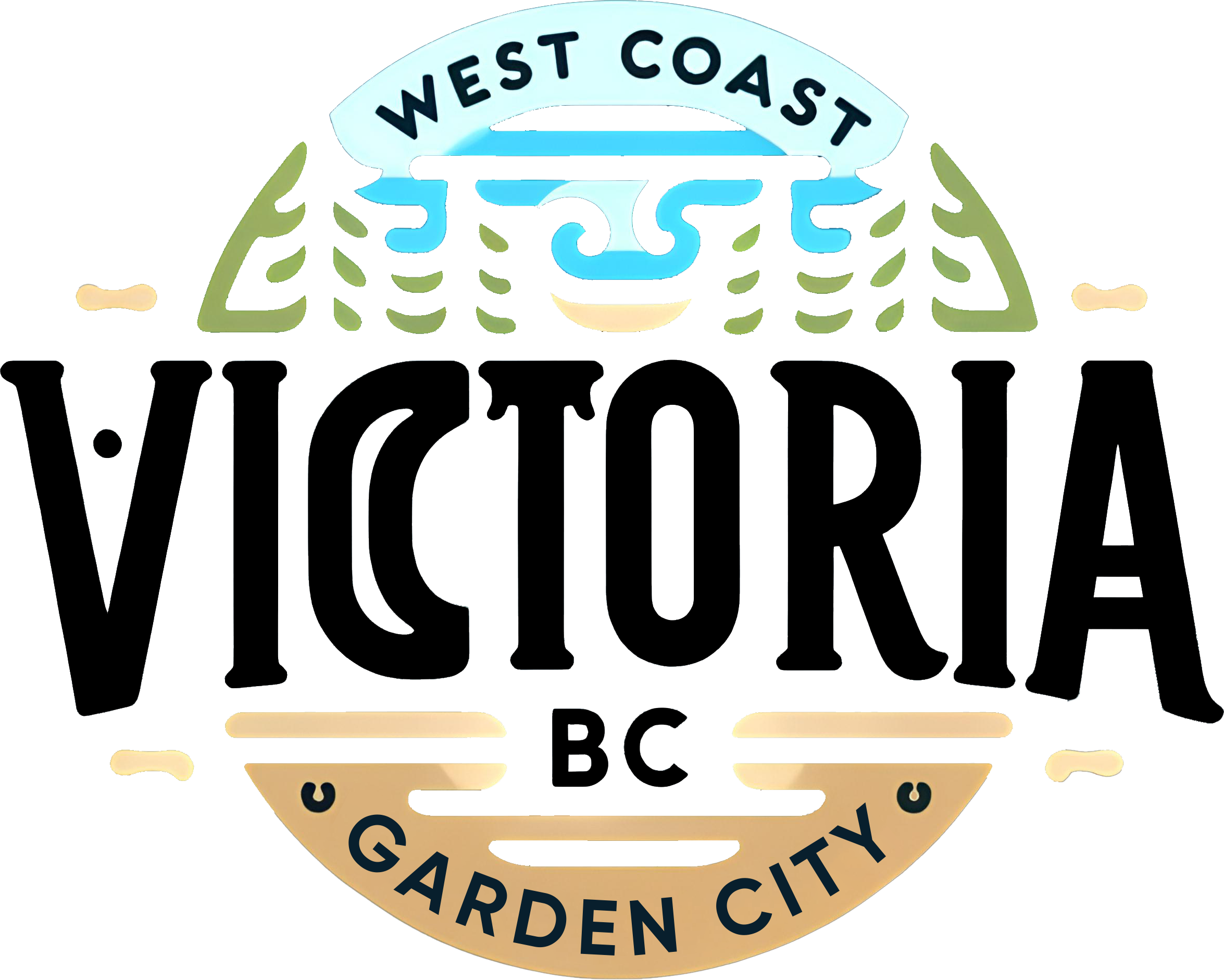
Victoria BC Politics
In Victoria, November was a month full of political drama and new events. What major decisions changed the way local government worked, and who made these important choices
Join us for this version of “Hot Political News” as we break down the interesting political stories that happened in the city and pose questions that encourage you to learn more about the decisions and factors that are shaping Victoria’s political story this month.

1-“BC Legislators in the Hot Seat to Respond to a Firefighting Crisis”
A firefighting crisis has put the legislators of British Columbia in a difficult position.
In an effort to attract and retain members and improve public safety, members of the British Columbia General Employees Union (BCGEU) met with members of the British Columbia Legislature (BC Legislature) on November 1, 2023, to advocate for transformative investments.
The 1,800 firefighter professionals that the BCGEU represents include frontline wildland firefighting units from all around the province.
Dispatch operators, administrative experts, and information officers round up its ranks, providing essential assistance for their job.
There were over 2,000 people working for the BC Wildfire Service in February of last year, with just 267 of those people holding full-time, permanent jobs, according to the provincial government.
BCGEU treasurer Paul Finch said, “We were trying to get across a message to both the governing and opposition parties, that the wildfire system is in crisis and that crisis is rooted in a lack of compensation,” when asked what the main goals of their discussions were.
What did they primarily want to convey to State Legislators?
They will not be able to handle the demands of the next wildfire season unless they can get a substantial increase in funding from the government and essential reorganization of the BC Wildfire Service.
Five suggestions were made to the province by the BCGEU:
- Redesign the present compensation model for wildland firefighters to emphasize guaranteed full-time pay and benefits, rather than the current dependence on overtime methods.
- Create a unified plan for attracting and retaining top talent that recognizes and compensates for exceptional performance and provides lucrative advancement opportunities.
- Move more quickly to implement a year-round paradigm for fire prevention and mitigation.
- Provide for the early retirement of BCWS members who are Public Service Pension Plan participants.
- Work to improve ties with Indigenous firefighting groups like the First Nations Emergency Service Society.
“We can no longer recruit and retain the kind of qualified firefighters we need to have better outcomes in ever worsening fire systems,” Finch stated, adding that the true challenge “is rooted in a lack of proper compensation.
” They often have to completely shut down sections of the response system only to conduct training because the issue is so severe.
Finch said in response to a question about the potential consequences of the province’s lack of cooperation with their suggestions.
“Our goal is to establish a compensation system that enables us to pay crew leaders and commanders a living wage, so they can support their families and retire comfortably,” Finch said.
“If we don’t have enough people with full training and experience at the start of fires, we see more destruction of property and more destruction of forests.”
Throughout wildfire season, you can get the most recent updates at bcwildfire.ca, and the BC government publishes a fire danger rating map every day at about 2 pm.
Aside from its main office in Burnaby, BCGEU also maintains a presence in Victoria. From October 2023 until March 31, 2024, the British Columbia Wildfire Service will accept applications for the position of firefighter.
2-“Victoria and Esquimalt Councils Review 2024 Police Budget”
In the month of November, the preliminary budget for the Victoria Police Department (VicPD) for 2024 came out.
Last week, there was a meeting of both the Victoria and Esquimalt councils to talk about how much money they want to spend next year.
The police board demands at least $72.1 million for next year’s budget, which is almost 7% more than the budget for 2023 and an increase of $4.1 million.
However, it could go up to $74.1 million if the province overturns some of the things that councils turned down in 203.
This would make the price go up by almost 10%, and Victoria and Esquimalt, which share the cost of VicPD, would have to pay for these things that were turned down.
If the state agrees with the appeal, the planned spending for 2024 would be $9.7M more than what was spent in 2022, which is a 15% rise.
VicPD’s budget requests have gone up by about 10% every year. In 2022, they asked for $4.2M, and in 2023, they want $6M. Even though councils didn’t agree with all of these raises, the government has recently reversed councils’ decisions to say no.
Between 2022 and 2023, the average Canadian police force raised its budget by 6%. In bigger places like Montreal and Toronto, the raises were even bigger, at 8%.
The former NDP finance minister and finance chair of the police board, Elizabeth Cull, called the budget a “unique and sometimes very challenging document” because VicPD is the only police board in Canada that is in charge of two communities.
The budget will pay for four new jobs, three for cops and one for a civilian:
A training policeman, an Internet Child Exploitation (ICE) officer, and an audit/freedom of information (FOI) analyst. The rehabilitation sergeant’s job is to get officers who are on leave back to work.
Steve Hurcombe, the director of the VicPD, says that these jobs are less than 1% of the budget request. The extra 6% is needed to keep things the same.
Hurcombe says that pay inflation is a big reason why prices are going up.
In the proposed budget, there are also costs for a new online tool for reporting crimes; more mental health support for police officers; and four new focused marketing efforts to help hire more people.
VicPD Chief Del Manak said that the department has been putting more money into mental health care, and this year they hired a psychologist to work for the department.
Starting in the new year, all VicPD employees will have to get a health check every year.
The budget paper says that this could make 2024 a “challenging year” for cops who want more money. Community safety will also be looked at differently by the Victoria Council, “where policing is an important port but not the only piece of the solution.”
As part of their general 2024 budget discussions, councils will look over the budget again.
3-Victoria’s proposed budget calls for an 8.37% rise in property taxes.
Sewers and storm drains in the nation’s capital were generally established before 1920, while half of the water system was completed before the Beatles became famous. The other half predates the Great Depression.
The planned 8.37-percent increase in property taxes for Victoria residents next year is due to the city’s old assets and budgeting choices to use up the backup funds that pay for maintaining the infrastructure.
The average family will have to pay an extra $248 in taxes in 2024, and the average business will have to pay an extra $640 in city dues.
Costs for all city services and programs are going up because of inflation, problems with the supply chain, and a lack of workers.
Also, building costs are very high and are expected to keep going up for another three years.
Victoria’s draught financial plan calls for spending $82.6 million on major projects and $328.3 million on running costs.
The suggested budget for the Victoria police department would be paid for, which would make up 2.40 of the 8.37-percent rise.
New spending for next year includes an extra $250,000 to help with Canada Day events and setting up long-term funding sources for the city’s music plan and downtown bike parking.
Victoria’s reserve funds are $20 million less than they would have been before the city council decided to cut payments in the years before 2023.
To fix its money problems, the city has come up with a new way to pay for things that would begin in 2025. (Thanks to the City of Victoria)
Since the council voted in 2020 not to raise property taxes because of the pandemic, city funds that pay for public assets like roads, underground infrastructure and retaining walls have been put under a lot of stress.
Staff said that because of that choice, the backup fund is almost $20 million less than it would have been if yearly payments had kept coming in.
The city is suggesting a new way to pay for things. From 2025 to 2030, taxes would go up by 3% per year, which would bring in $5 million a year. This money would be used to replace the city’s old assets.
Victoria could bring in more money by raising rates by 50 cents an hour in 90-minute parking zones and adding parking fines.
This would lead to an 8.37 percent raise next year. The city said that fines haven’t changed in 15 years and that raising the 90-minute rates would make better use of parking spots all over the city.
Ipsos, a research Institute, was hired by the city to randomly poll 700 residents about the budget plan.
When asked what they thought was the best way to balance the budget, locals said that getting business funding and name rights for city programmes and buildings would bring in the most money.
Increasing property taxes was the least liked choice.
In January, budget talks will go on. In the past few years, Victoria’s property tax hikes have always been less than those in nearby towns.
